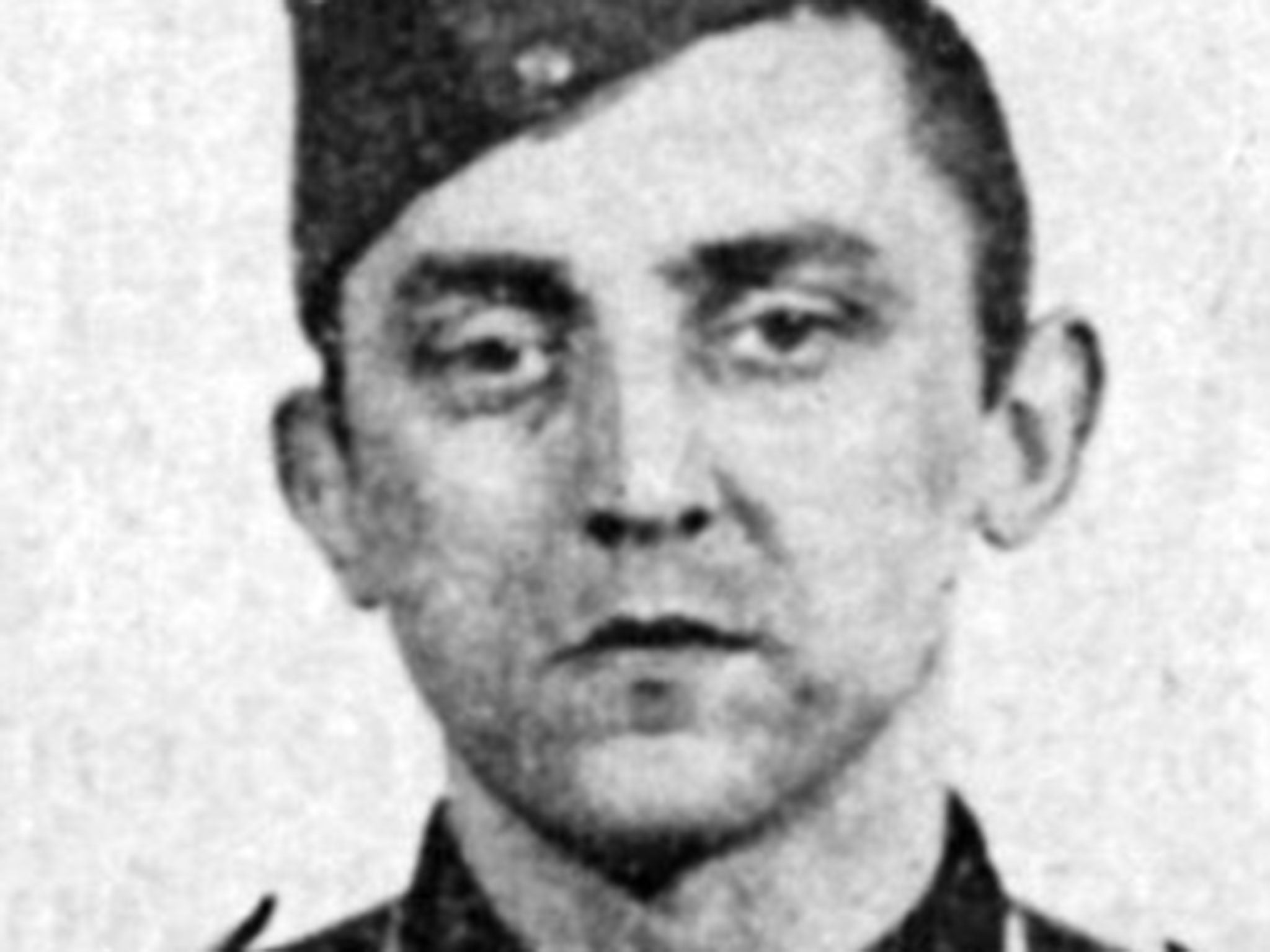Anne Frank orderly’s trial begins for complicity in murder
Hubert Zafke is the third former Auschwitz SS man to go on trial in Germany in the space of a year

A former Nazi SS medical orderly who was working in Auschwitz when Anne Frank arrived, faces trial in eastern Germany charged with complicity in the murder of more than 3,000 prisoners held at the camp.
Hubert Zafke, 95, is the third former Auschwitz SS man to go on trial in Germany in the space of a year. He served at the death camp in September 1944, when a Nazi transport train from the Netherlands with 940 adults and 79 children aboard arrived at Auschwitz. Among them was Anne Frank.
His trial in Neubrandenburg, north of Berlin, which starts on Monday, follows the prosecution of former SS Auschwitz guard Reinhold Hanning, 94 whose trial is currently under way in the German town of Detmold and the conviction last year of 94-year-old Oskar Gröning, a former SS guard nicknamed the “Book-keeper of Auschwitz”.
Gröning was sentenced to four-and-a-half years’ imprisonment for being an accessory to the murder of 300,000 Holocaust victims. He has appealed against the sentence.
The new Auschwitz trials are the result of a sea change in German judicial thinking, which began in 2011 with the conviction of former Nazi death camp guard, John Demjanjuk, who was found guilty of being an accessory to mass murder simply because he worked at the Sobibor extermination camp
Survivors remember the liberation of Auschwitz
Show all 4Until his case, German judges had insisted on concrete evidence, including eyewitness accounts, to convict Holocaust perpetrators. But in the current Auschwitz trials, both Hanning and Zafke are charged with complicity in mass murder simply because – like Demjanjuk and Gröning – they worked in extermination camps.
Zafke claims that he could have done nothing to stop the mass murders in Auschwitz.
Anne Frank later died of typhus along with her sister in Bergen-Belsen concentration camp in early 1945. But her mother, Edith, was left behind in Auschwitz and died of starvation there.
Subscribe to Independent Premium to bookmark this article
Want to bookmark your favourite articles and stories to read or reference later? Start your Independent Premium subscription today.

Join our commenting forum
Join thought-provoking conversations, follow other Independent readers and see their replies